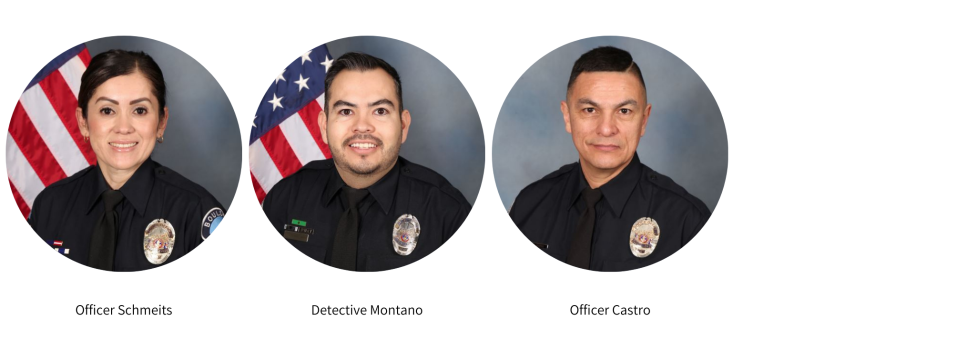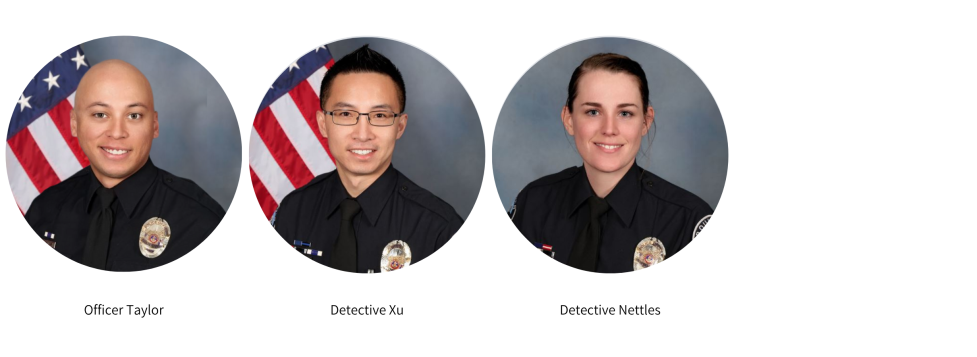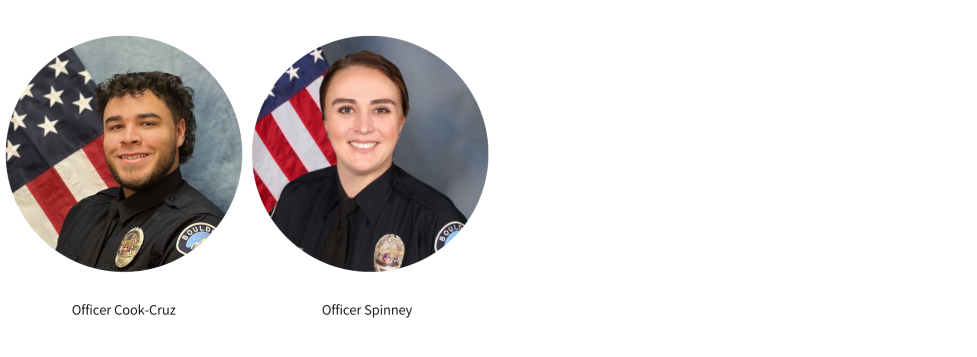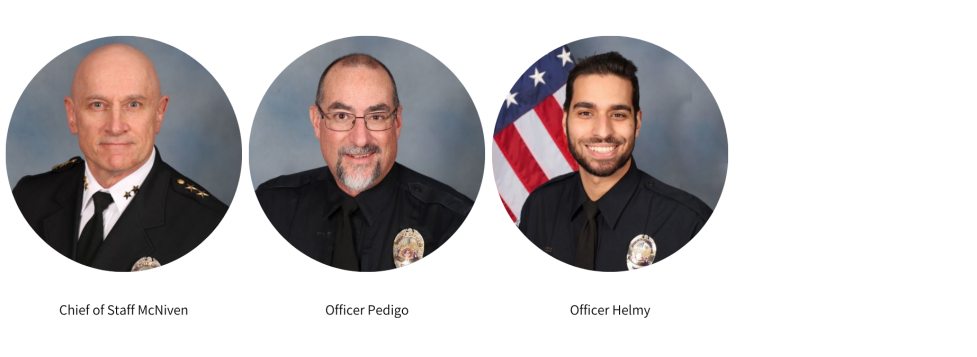What Are Liaison Officers?
Liaison officers serve as dedicated points of contact between the police department and specific communities, including the African American, Hispanic, LGBTQ+, Jewish, and Muslim communities, as well as communities of disability. Their primary role is to foster open communication, improve representation, and build trust between law enforcement and the people we serve.
By engaging directly with community members, liaison officers provide a safe and approachable resource for questions and concerns. This allows for a collaborative approach to problem solving which involves impacted community members directly. Their presence ensures that historically marginalized voices are heard within the police department, leading to a more inclusive and responsive public safety approach.
What Do Liaison Officers Do?
Build Relationships - Liaison officers engage with individuals as well as community organizations, attend events, and create opportunities for dialogue.
Provide Direct Communication - They serve as a bridge between the police department and their respective communities, ensuring concerns are addressed and information is shared accurately.
Support Public Safety Efforts - They work to prevent misunderstandings and foster cooperation, ensuring that safety initiatives consider the unique needs of each community.
Offer Resources and Assistance - Whether providing crime prevention information, addressing concerns about policing, or helping navigate law enforcement procedures, liaison officers are a direct, supportive resource.
Advocate for Community Needs - By bringing lived experience and cultural awareness to their roles, liaison officers help shape policies and practices that are fair and equitable.
Why This Matters
In today’s complex and often challenging social and political climate, strong community relationships are more important than ever. Having dedicated officers who understand the lived experiences of the communities they serve creates a foundation for mutual respect and trust.
For individuals with disabilities, including those on the autism spectrum, having a liaison ensures that law enforcement is informed about disability-related behaviors, communication differences, and appropriate response strategies. Similarly, liaisons to the Jewish and Muslim communities help address cultural and religious concerns, ensuring sensitivity in law enforcement interactions.
When people feel seen and heard, they are more likely to engage with law enforcement in a positive way, leading to a safer and more connected city for everyone.
The Boulder Police Department is committed to working with the community, for the community. Together, we can build a city where everyone feels safe, valued, and respected.







